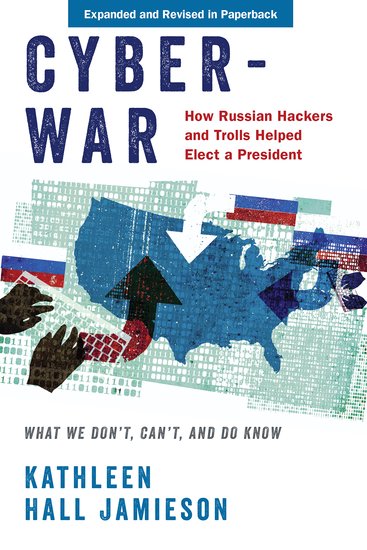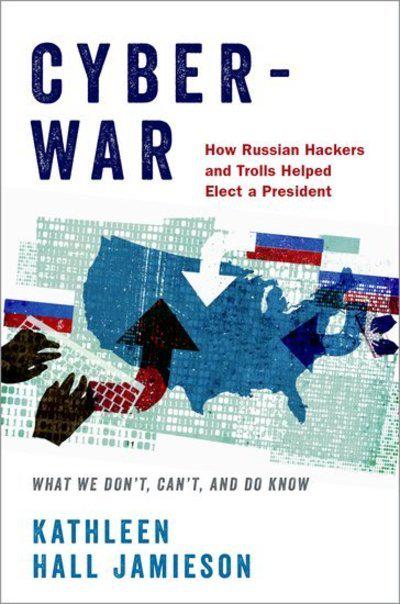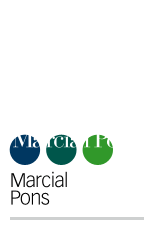Cyberwar
how russian hackers and trolls helped elect a president
- ISBN: 9780190058838
- Editorial: Oxford University Press
- Fecha de la edición: 2020
- Lugar de la edición: Oxford. Reino Unido
- Encuadernación: Rústica
- Medidas: 21 cm
- Nº Pág.: 336
- Idiomas: Español

The question of how Donald Trump won the 2016 election looms over his presidency. In particular, were the 78,000 voters who gave him an Electoral College victory affected by the Russian trolls and hackers? Trump has denied it. So has Vladimir Putin. Others cast the answer as unknowable. In Cyberwar, Kathleen Hall Jamieson marshals the troll posts, unique polling data, analyses of how the press used hacked content, and a synthesis of half a century of media effects literature to argue that, although not certain, it is probable that the Russians helped elect the 45th president of the United States. In the process, she asks: How extensive was the troll messaging? What characteristics of social media did the Russians exploit? Why did the mainstream press rush the hacked content into the citizenry's newsfeeds? Was Clinton telling the truth when she alleged that the debate moderators distorted what she said in the leaked speeches? Did the Russian influence extend beyond social media and news to alter the behavior of FBI director James Comey? After detailing the ways in which Russian efforts were abetted by the press, social media, candidates, party leaders, and a polarized public, Cyberwar closes with a warning: the country is ill-prepared to prevent a sequel. In this updated paperback edition, Jamieson covers the many new developments that have come to light since the original publication.
Preface to the Paperback
Prologue
Introduction
Part One: Who Did It, Why, and How It May Have Mattered
Chapter One: How Do We Know that the Russians Meddled in the 2016 U.S. Presidential Election?
Chapter Two: A Theory of Communication that Posits Effects
Part Two: The Pre-Requisites of Influence
Chapter Three: Pre-Requisite One: Widespread Messaging
Chapter Four: Pre-Requisite Two: Messages Aligned with Trump's Electoral Interests
Chapter Five: Pre-Requisite Three: Messages to Mobilize Veterans and White Christians, Demobilizing Blacks and Sanders' Supporters, Shifting Liberals to Stein
Chapter Six: Pre-Requisite Four: Well-Targeted Content
Chapter Seven: Pre-Requisite Five: Persuasive Appeals
Part Three: Exposure: How the Russians Affected the News and Debate Agendas in the Last Month of the Campaign
Chapter Eight: The Russian Effect On Press Coverage in October
Chapter Nine: The Effect of the Stolen Emails on the Last Two Presidential Debates
Chapter Ten: The Russian Effect on the Media Agenda in the Last Days of the Election
Part Four: What We Don't, Can't, and Do Know About How Russian Hackers and Trolls Helped Elect Donald J. Trump
Afterword: Lessons
Appendices
Appendix One: Changes in Perceptions of Clinton and Trump in October
Appendix Two: Debate 2 and Debate 3 Exposure Effect on Candidate Trait Evaluations
Appendix Three: Association between Perception Changes and Vote Intentions
References








